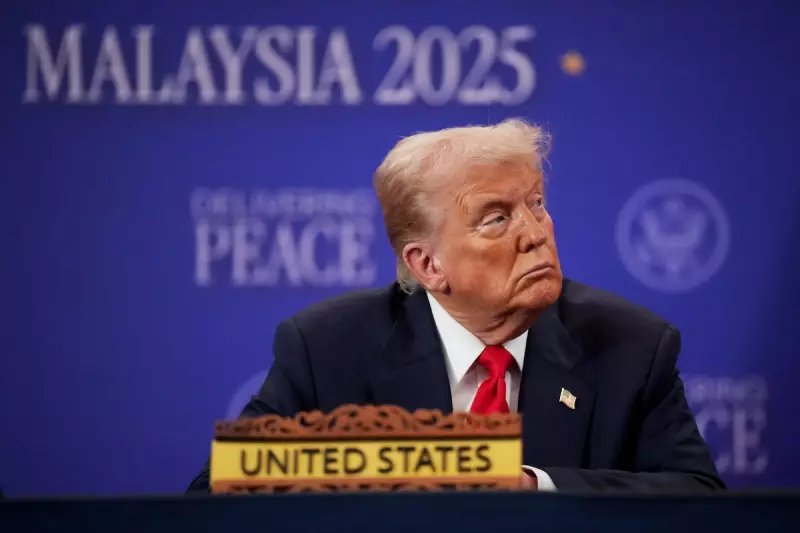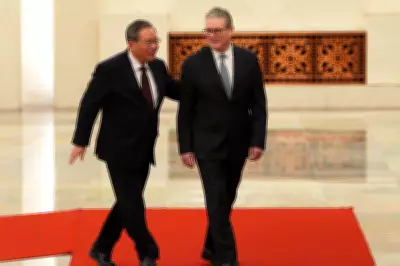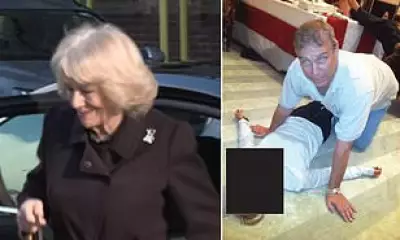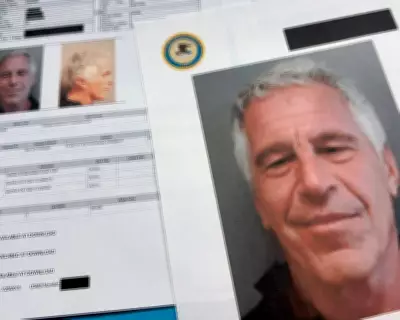
Explosive new audio recordings have surfaced featuring former US President Donald Trump making alarming and medically unsubstantiated claims about combating coronavirus during the early days of the pandemic.
In conversations with veteran journalist Bob Woodward, Trump suggested that taking Tylenol and injecting disinfectant could potentially treat COVID-19, statements that have drawn sharp criticism from medical professionals worldwide.
The Controversial Conversation
The recordings, obtained by The Independent, capture Trump discussing his theories about coronavirus treatments during a period when global health authorities were scrambling to understand the novel virus. His comments about disinfectant injections echo his widely-criticised public remarks from April 2020 that prompted urgent warnings from health experts and product manufacturers.
Medical authorities were quick to condemn the suggestions, emphasising that injecting disinfectant is extremely dangerous and potentially fatal, while Tylenol only addresses symptoms rather than treating the underlying infection.
Malaysian Official's Startling Claim
Adding to the controversy, the audio reveals a Malaysian official's extraordinary claim that Trump had contracted COVID-19 during a visit to Malaysia. According to the recording, the official stated they had "heard that he got it in Malaysia" during the former president's trip.
This allegation, while unverified, adds another layer to the complex narrative surrounding Trump's handling of the pandemic and his own health status during crucial early moments of the global crisis.
Political and Medical Fallout
The emergence of these recordings has reignited debate about Trump's approach to scientific advice and medical expertise throughout the pandemic. Public health experts have expressed concern that such statements from a world leader could have influenced public behaviour in dangerous ways.
The timing of these revelations is particularly sensitive as countries continue to grapple with COVID-19 variants and vaccination efforts, highlighting the ongoing importance of evidence-based medical guidance.
Woodward's recordings provide unprecedented insight into the private conversations that occurred while governments worldwide were making critical decisions about pandemic response, raising questions about the intersection of politics and public health that continue to resonate today.





